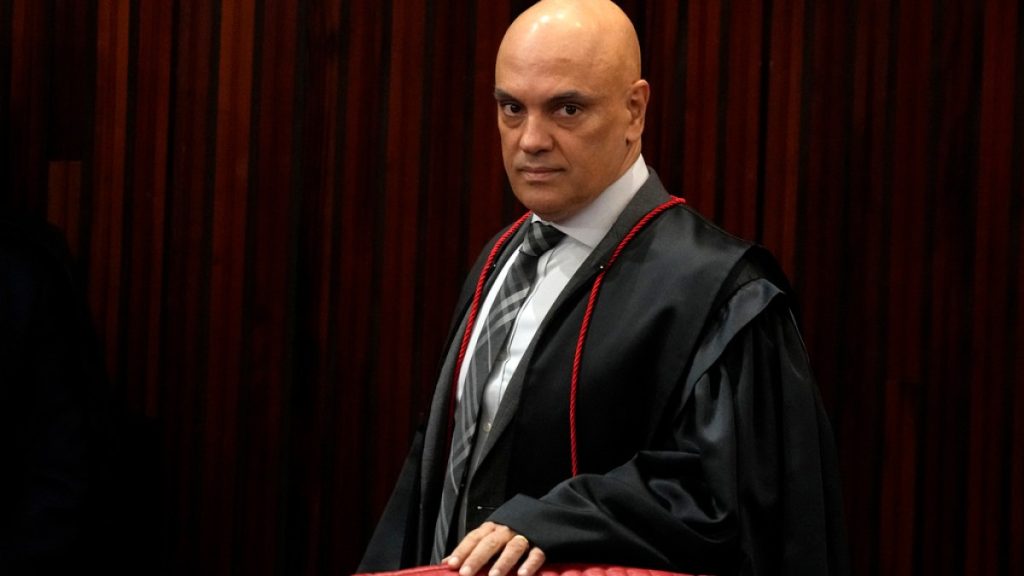Billionaire Elon Musk has been embroiled in a controversy in Brazil over the banning of his social media platform, X, due to non-compliance with court orders to remove accounts spreading misinformation. Brazilian Supreme Court Justice Alexandre de Moraes ordered the freezing of bank accounts belonging to X and Musk’s satellite internet company, Starlink. However, after the full amount owed in fines was paid, Moraes decided to unfreeze the accounts. Musk, who owns both X and Starlink, initially faced backlash when Starlink representatives hinted at not complying with the ban on X, despite being separate entities. Musk criticized Moraes, calling him an “evil dictator” and has a history of promoting far-right conspiracy theories and false claims about election fraud.
The decision to penalize both X and Starlink, despite being separate companies, has raised questions among legal analysts. Musk has been vocal in denouncing efforts by liberal governments to restrict the spread of false claims on X, while showing willingness to comply with requests from right-wing governments to remove content that may be critical or dissenting. In 2023, X (formerly known as Twitter) complied with a request from the Indian government to block access to a BBC documentary critical of Prime Minister Narendra Modi’s role in an anti-Muslim pogrom in 2002. Musk defended this action, stating that they must comply with the laws of the country or risk facing legal consequences.
Brazil’s former right-wing leader, Jair Bolsonaro, lost the October 2022 election amid unsubstantiated claims of fraud. Bolsonaro’s supporters, including Musk, rallied to his defense and called for a military coup to overturn the election results. They stormed the country’s legislature, leading to Bolsonaro’s disqualification from holding office until 2030. Like Musk, Bolsonaro clashed with Justice de Moraes over investigations into his actions. The situation highlighted the complex relationship between social media, politics, and misinformation, as powerful figures like Musk navigate the balance between freedom of speech and protecting against harmful content.
The banning of X in a country like Brazil, known for its vibrant social media use, raises broader questions about the role of tech companies in regulating content and ensuring compliance with local laws. Musk’s defiance towards the ban on X and subsequent confrontation with Justice de Moraes underscores the challenges of balancing freedom of expression with the responsibility of preventing the spread of misinformation. The case also sheds light on the influence of tech billionaires like Musk in shaping public discourse and political narratives through their platforms, which can have far-reaching consequences on democracy and society at large.
As Musk continues to navigate the complex landscape of social media regulation and political controversies, his actions and statements carry significant weight given his status as a billionaire and influential figure. The clash between Musk, X, and the Brazilian government highlights the power dynamics at play in how information is disseminated and controlled in the digital age. Ultimately, the case serves as a reminder of the intricate interplay between technology, politics, and the challenges of governing the digital public square in an increasingly polarized and contentious world.













